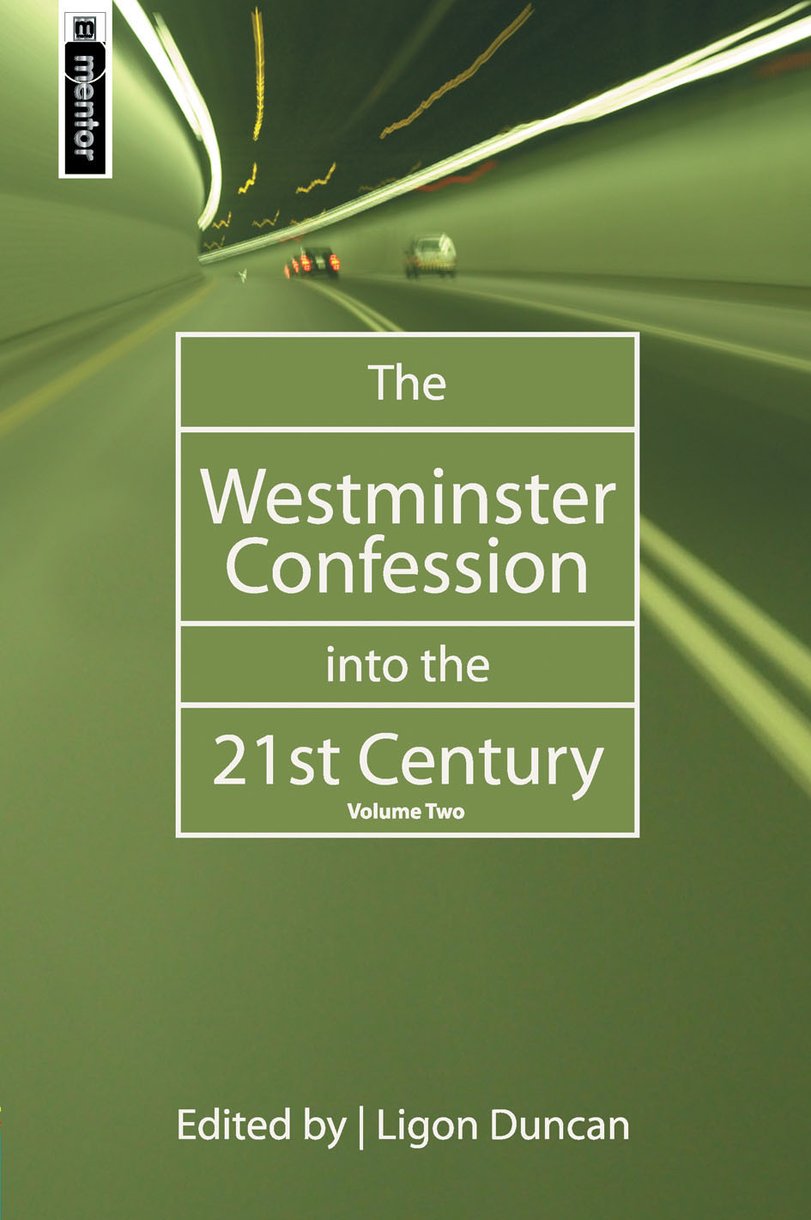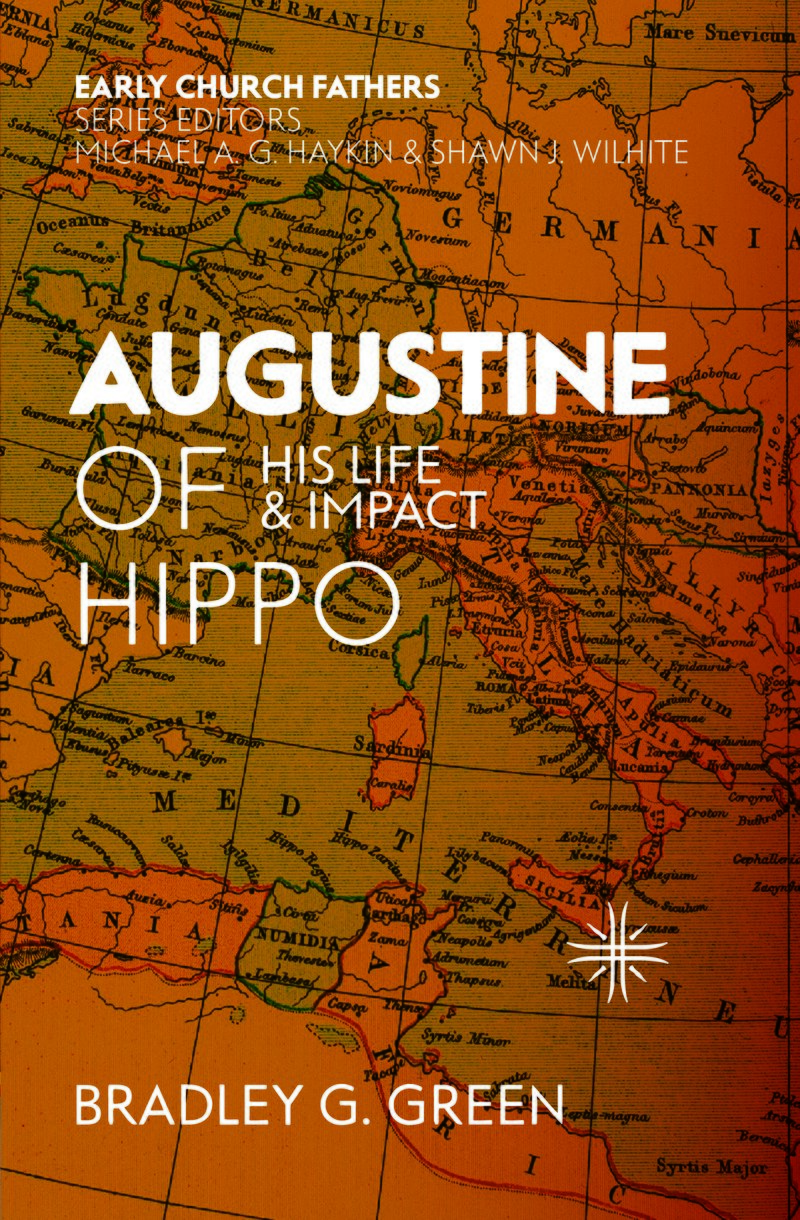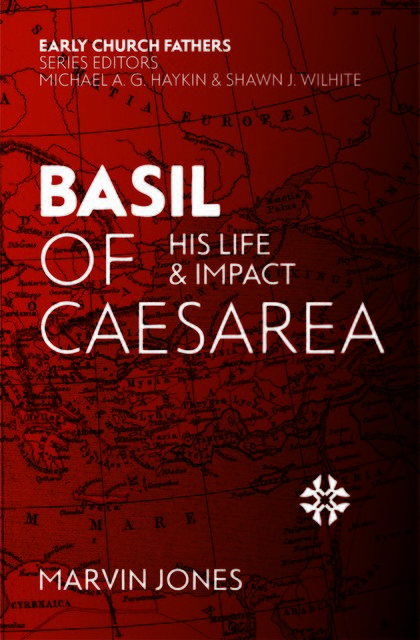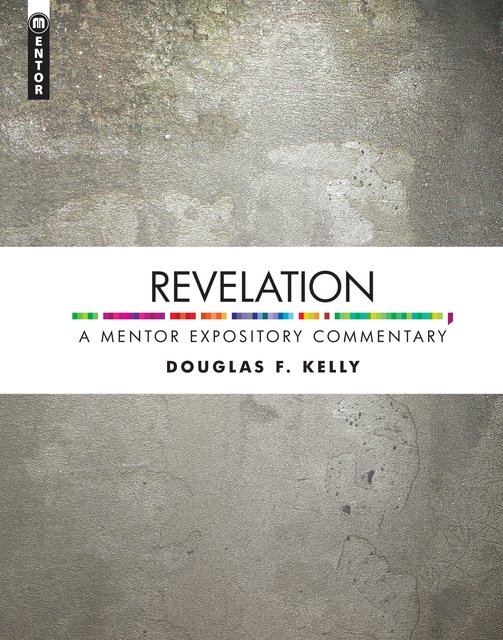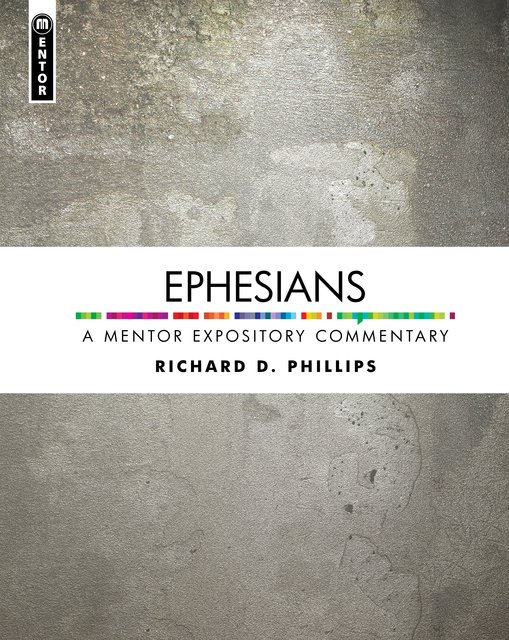
Expository Outlines: Romans by Rob Ventura provides a comprehensive guide to one of the most significant books of the New Testament, the Epistle to the Romans. Ventura’s work is aimed at equipping pastors, teachers, and laypersons with a clear and structured approach to understanding and teaching this doctrinally rich letter. The book is organized into outlines that cover every chapter of Romans, offering a verse-by-verse breakdown that highlights key theological themes and practical applications.
Rob Ventura is a well-respected pastor and author known for his commitment to biblical exposition and Reformed theology. He serves as the pastor of Grace Community Baptist Church in Cumberland, Rhode Island, and has authored or co-authored several works aimed at helping Christians understand and apply Scripture. Ventura’s background in pastoral ministry and his deep knowledge of Reformed theology are evident throughout Expository Outlines: Romans, as he skillfully combines doctrinal depth with practical application.
The framework of Expository Outlines: Romans is designed to guide readers through the text in a logical and systematic way. Each outline is structured to highlight the main points of the passage, with a focus on how these points relate to the overall message of Romans. Ventura’s emphasis on application ensures that the outlines are not just academic exercises but are meant to be lived out in the life of the believer and the church..
Ventura begins by addressing the foundational doctrines presented in the opening chapters of Romans, such as the universality of sin, justification by faith, and the righteousness of God. He carefully traces Paul’s logical progression from the depravity of mankind to the glorious truth of salvation through Christ. Each outline is designed to help readers grasp the core message of the text while also providing practical insights for application in preaching and personal study.
As the book progresses, Ventura delves into the more complex theological discussions found in the latter chapters of Romans, such as sanctification, the relationship between Israel and the Church, and Christian ethics. Throughout the book, Ventura remains committed to presenting these deep theological truths in a manner that is accessible to a broad audience, making his work a valuable resource for anyone seeking to understand and teach the Epistle to the Romans.
Ventura’s previous works, including A Portrait of Paul: Identifying a True Minister of Christ and Spiritual Warfare: A Biblical and Balanced Perspective, have been well-received for their clarity and faithfulness to the biblical text. His expertise in expository preaching and teaching is particularly evident in Expository Outlines: Romans, where he provides a clear roadmap for those seeking to navigate the theological richness of Romans.
The content of Expository Outlines: Romans is carefully structured to help readers understand the key doctrines of Romans while also applying them to their lives. Ventura’s outlines are designed to highlight the main points of each chapter, making it easy for readers to follow Paul’s argument and see how the various theological concepts fit together. For example, in his outline of Romans 3:21-26, Ventura emphasizes the doctrine of justification by faith alone, explaining how this passage is central to understanding the gospel message.
Ventura’s use of the Bible is extensive and thorough. He consistently draws connections between Romans and other parts of Scripture, helping readers see the unity of the biblical message. This is particularly evident in his treatment of Romans 9-11, where he addresses the relationship between Israel and the Church. Ventura carefully navigates the complexities of this section, showing how Paul’s argument is rooted in the Old Testament and how it applies to the New Testament Church.
When comparing Expository Outlines: Romans to other works on Romans, such as John Stott’s The Message of Romans and Douglas Moo’s The Epistle to the Romans, Ventura’s book stands out for its practical approach to teaching and preaching. While Stott’s work is known for its accessibility and Moo’s commentary is celebrated for its scholarly depth, Ventura’s outlines offer a middle ground that is both theologically robust and practically oriented. Ventura’s focus on creating outlines makes his work particularly useful for pastors and teachers who need a structured approach to preparing sermons or Bible studies.
Unlike some of the more academic commentaries on Romans, Ventura’s book is not bogged down by technical jargon or extensive footnotes. Instead, it provides clear and concise outlines that can be easily adapted for various teaching contexts. This makes Expository Outlines: Romans an excellent complement to more detailed commentaries, offering a practical framework that can be expanded upon with insights from other works.
For pastors, Expository Outlines: Romans is an invaluable tool for sermon preparation. The outlines provide a clear structure that can be easily adapted into sermon series or Bible studies. Ventura’s insights into the text are not only doctrinally sound but also pastorally sensitive, making his outlines useful for addressing the needs of a congregation. The book’s practical focus ensures that pastors can preach through Romans with confidence, knowing that they are presenting the text in a way that is both faithful to Scripture and relevant to their listeners.
Laypersons will also find this book to be a helpful resource for personal study or leading small group discussions. The outlines are easy to follow and provide enough detail to facilitate a deeper understanding of Romans without being overwhelming. Ventura’s ability to distill complex theological concepts into clear, actionable points makes this book accessible to a broad audience, regardless of their level of theological training.
The cover and binding of Expository Outlines: Romans reflect the quality and practicality of the content within. The design is simple and understated, with a focus on functionality rather than aesthetic appeal. The book is well-bound and durable, ensuring that it can withstand regular use in both the study and the pulpit. The layout of the text is clear and easy to navigate, with each outline clearly delineated by headings and subheadings. This thoughtful design enhances the reader’s experience, allowing them to focus on the content without distraction.
Overall, Expository Outlines: Romans is a valuable resource for anyone seeking to understand and teach the Epistle to the Romans. Ventura’s clear and practical approach makes this book an excellent tool for pastors, teachers, and laypersons alike. Whether used for sermon preparation, personal study, or group discussion, this book provides a solid foundation for engaging with one of the most important books of the New Testament.
“I received Expository Outlines: Romans by Christian Focus for the purpose of an unbiased review. I have not received any compensation for providing a positive review. My opinions are entirely my own and reflect my sincere evaluation of the book.”
Book Details:
- Title: Expository Outlines: Romans
- Author: Rob Ventura
- Publisher: Christian Focus

